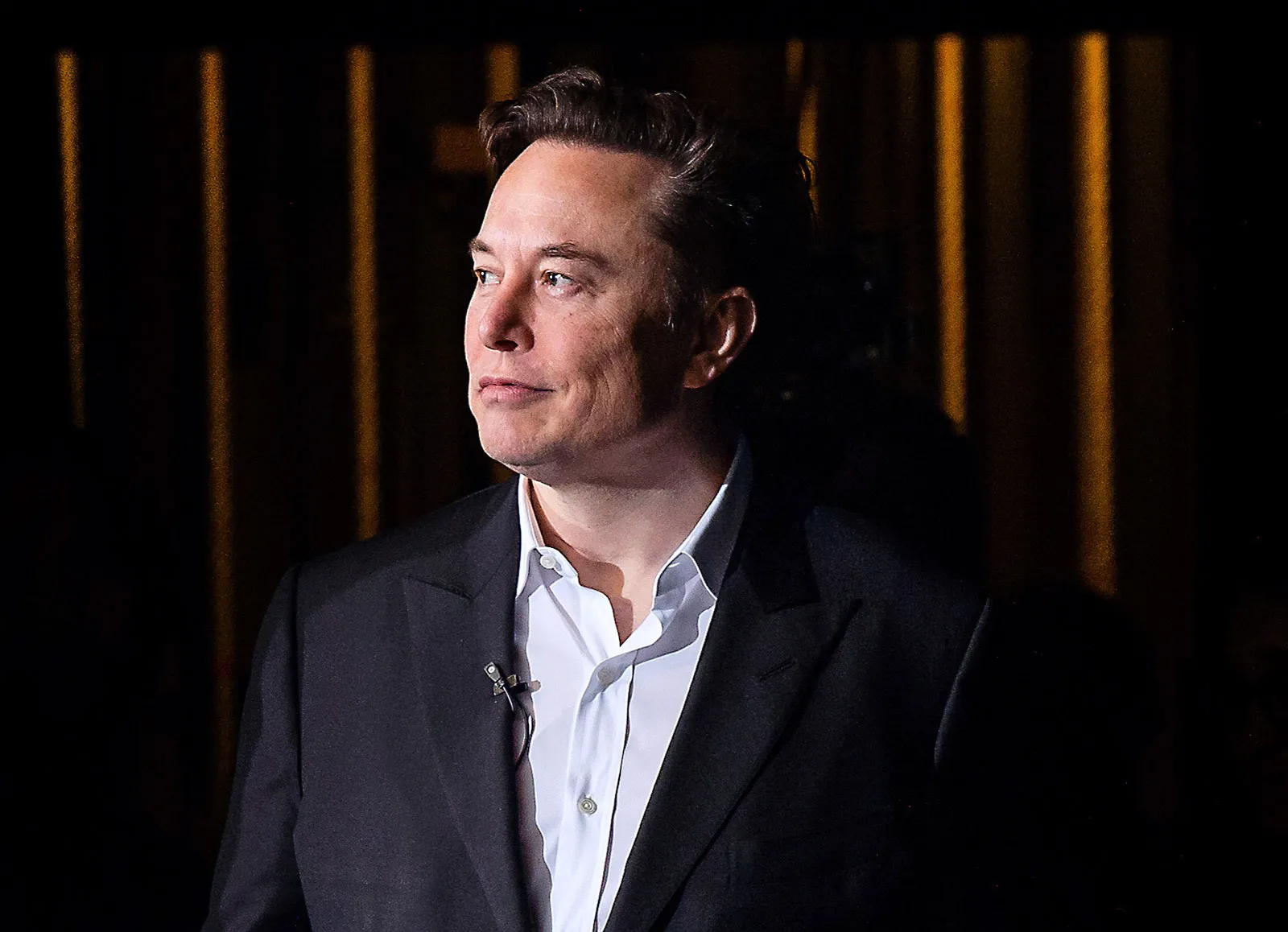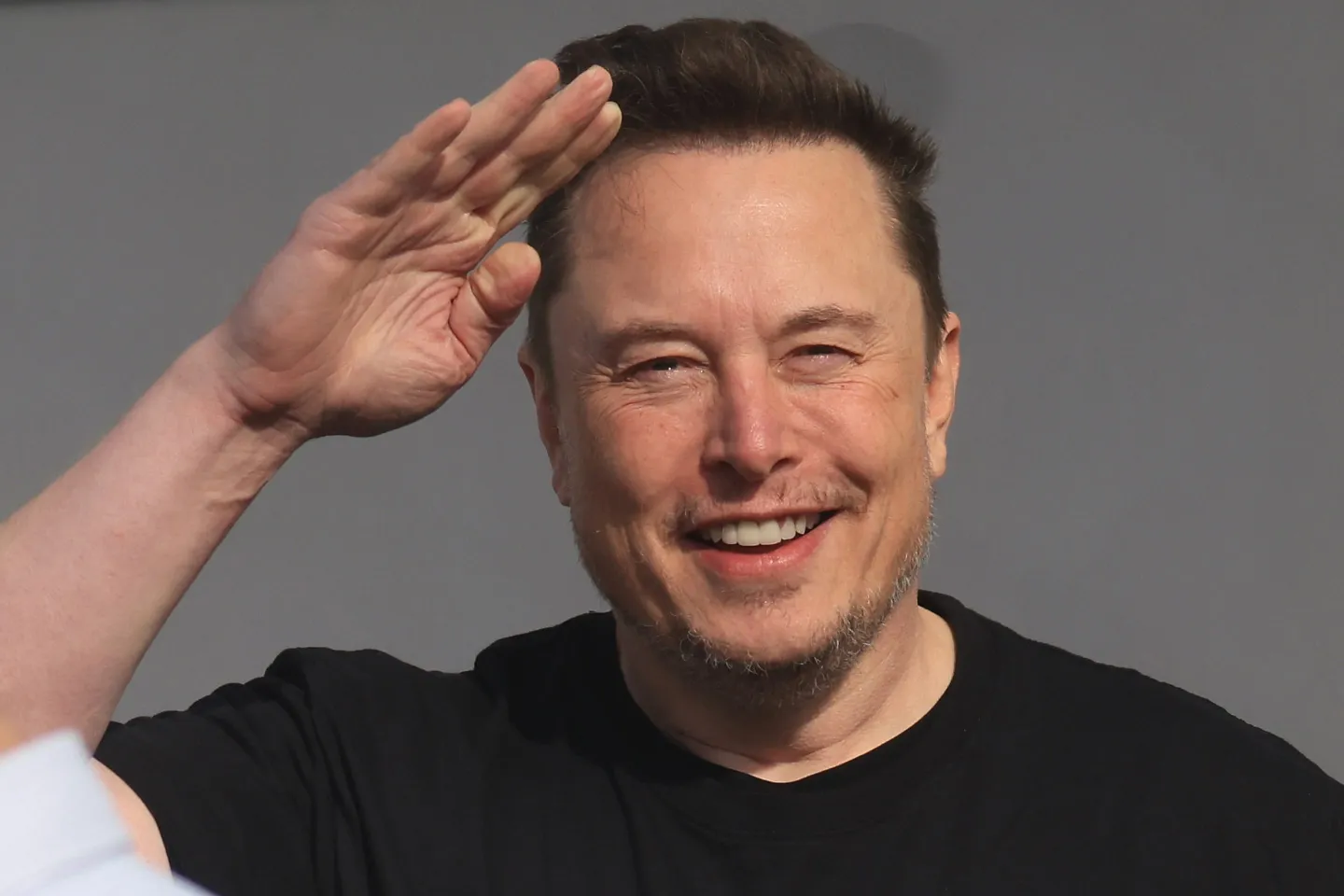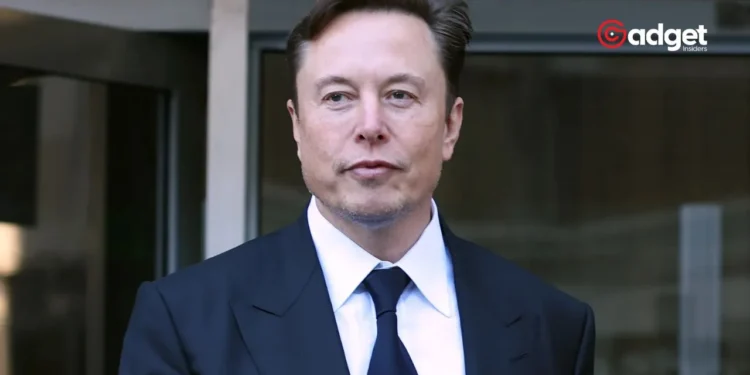In a shocking incident of modern-day deception, a woman in South Korea suffered a hefty financial loss, falling victim to a scammer using deepfake technology to impersonate Elon Musk. The scam, intricately designed and executed, leveraged the power of artificial intelligence to create eerily lifelike videos of the Tesla CEO, convincing the unsuspecting victim to part with $50,000.
The scam unfolded on the popular social media platform Instagram, beginning with a simple friend request from someone claiming to be a renowned entrepreneur. The victim, an ardent admirer of Elon Musk, was initially thrilled but soon found herself entangled in a sophisticated fraud that seemed like something out of a science fiction novel.

Elon Musk: The Intricacies of the Scam
The victim, identified only as Ms. Jeong, shared her harrowing experience on a South Korean TV show, aiming to raise awareness about the dangers of such scams. She recounted how the scam began with flattering interactions and progressed to sharing what appeared to be intimate details of Elon Musk’s life.
“He talked about his children, his daily commute by helicopter to Tesla or SpaceX, and even a supposed high-profile meeting with South Korean President Yoon Suk Yeol,” Ms. Jeong explained.
Enhancing the scam’s credibility, the impersonator provided Ms. Jeong with snapshots of Elon Musk’s professional activities and what seemed to be his official identification.
A pivotal moment came during a video call, where the scammer used deepfake technology to mimic Elon Musk, presenting Ms. Jeong with a lucrative but entirely fictitious investment opportunity.
Deepfake technology has once again sparked concerns due to its misuse, with a South Korean woman becoming the latest victim of its deceptive capabilities.#scam #AI #Elonmusk pic.twitter.com/jRBBL7fL8a
— Startup Pakistan (@PakStartup) May 1, 2024
The Dangerous Allure of Deepfake Technology
This incident underscores the growing peril of deepfake technology. Capable of creating convincing fake videos and audio recordings, deepfakes are becoming a tool of choice for scammers.
The realism of these creations not only poses a threat to individuals but also to public figures whose identities are being hijacked to perpetrate fraud.

Experts warn that as this technology becomes more accessible and sophisticated, the likelihood of its misuse increases, potentially leading to more cases like Ms. Jeong’s. In 2022 alone, romance scams, often facilitated by such technology, cost U.S. citizens over $1.3 billion.
Global Impersonations and the Reach of Deepfake Scams
The problem of celebrity impersonation is not confined to one region. Globally, similar cases have surfaced, where public figures’ likenesses are misused to deceive fans and followers.
Notably, Yilong Ma, a Chinese individual who bears a resemblance to Elon Musk, gained attention on TikTok, with Elon Musk himself commenting on the uncanny similarity.

These instances highlight the critical need for heightened vigilance and stricter regulations surrounding the use of artificial intelligence in media. As technology advances, so too does the sophistication of the methods used by criminals, making it imperative for individuals to verify the authenticity of unusual communications, especially those involving money.
A Call for Awareness and Caution
Ms. Jeong’s unfortunate experience serves as a cautionary tale for the digital age. It emphasizes the importance of skepticism online, especially when dealing with supposed high-profile figures offering too-good-to-be-true opportunities.
As we navigate this increasingly digital world, staying informed and cautious is our best defense against the dark side of technology.










